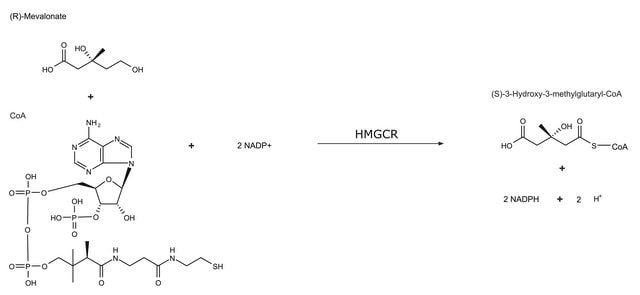ABS2108
Anti-HMG-Lysine
from rabbit
Synonyme(s) :
3-hydroxy-3-methyl-glutary-Lysine
About This Item
Produits recommandés
Source biologique
rabbit
Forme d'anticorps
affinity isolated antibody
Type de produit anticorps
primary antibodies
Clone
polyclonal
Réactivité de l'espèce (prédite par homologie)
all
Conditionnement
antibody small pack of 25 μL
Technique(s)
western blot: suitable
Isotype
IgG
Modification post-traductionnelle de la cible
unmodified
Description générale
Spécificité
Immunogène
Application
Signaling
Western Blotting Analysis: A 1:500 dilution from a representative lot detected HMG-Lysine in HMG-BSA conjugate (Courtesy of Dr Kristin Anderson from Duke University).
Qualité
Western Blotting Analysis: A 1:500 dilution of this antibody detected HMG-Lysine in HMG-Lysine-BSA conjugate.
Description de la cible
Forme physique
Stockage et stabilité
Autres remarques
Clause de non-responsabilité
Vous ne trouvez pas le bon produit ?
Essayez notre Outil de sélection de produits.
Certificats d'analyse (COA)
Recherchez un Certificats d'analyse (COA) en saisissant le numéro de lot du produit. Les numéros de lot figurent sur l'étiquette du produit après les mots "Lot" ou "Batch".
Déjà en possession de ce produit ?
Retrouvez la documentation relative aux produits que vous avez récemment achetés dans la Bibliothèque de documents.
Notre équipe de scientifiques dispose d'une expérience dans tous les secteurs de la recherche, notamment en sciences de la vie, science des matériaux, synthèse chimique, chromatographie, analyse et dans de nombreux autres domaines..
Contacter notre Service technique






